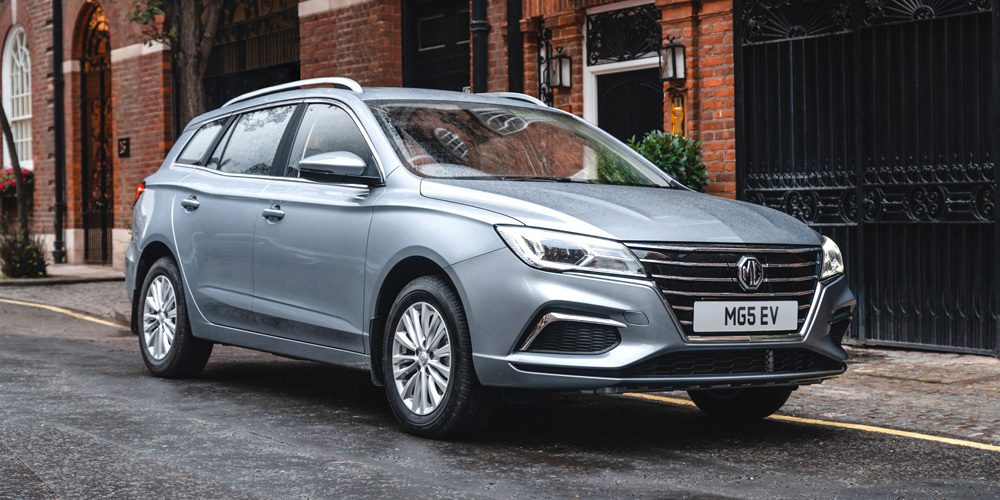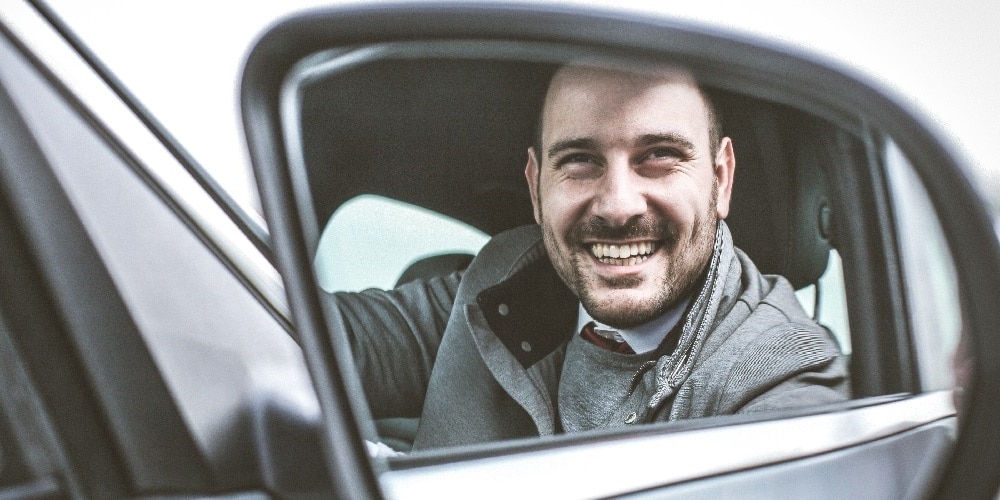Uber Drivers should be informed that petrol and diesel cars account for around 90% of the UK’s CO2 emissions, being harmful not only to the environment but also to human health. The UK Government has taken several measures to improve air quality across the entire country, its target being to reach zero emissions by 2050.
One of the biggest steps towards greener vehicle adoption with a big impact on all UK drivers is banning the sale of new diesel and petrol cars starting 2030.
As 2030 gets closer, Uber drivers must understand how this ban will affect them, so we answered their most asked questions about the petrol and diesel ban.
Contents
- When will petrol and diesel cars be banned in the UK?
- Why is the UK banning petrol and diesel cars?
- Can I still drive my petrol or diesel car after 2030?
- Can I still drive my petrol or diesel car for Uber after 2030?
- Will hybrid cars be banned as well after 2030?
- Will the UK’s National power grid support the increased amount of EVs?
- Will owning a petrol or diesel car after 2030 be more expensive?
- Will diesel and petrol cars lose value?
- Will EVs be more affordable after 2030?
- How can Splend help?
When will petrol and diesel cars be banned in the UK?
Starting 2030, the sale of new petrol and diesel cars will be banned in the UK, meaning drivers will only be able to purchase new electric vehicles.
Why is the UK banning petrol and diesel cars?
According to the Royal College of Physicians, CO2 emissions from vehicles contribute to the death of around 40,000 people in the UK every year. That’s why the UK Government is taking significant steps to eliminate heavy polluting cars, and the 2030 ban will culminate extensive efforts in this direction.
Can I still drive my petrol or diesel car after 2030?
Yes. After the ban comes into effect in 2030, you can still drive your petrol or diesel car on UK roads. However, you probably won’t be able to drive Uber with your old petrol or diesel car.
Can I still drive my petrol or diesel car for Uber after 2030?
Uber’s goal is to have a fully-electric fleet in London by 2025 and to completely ban electric cars starting 2030 across the whole Europe.
TfL also introduced new emission standards for PCO cars in 2023 — all vehicles licensed for the first time as Private Hire Vehicles need to be Zero Emission Capable and meet the Euro 6 emission standard.
That means you can still drive your old car if you already got your PHV licence, but you won’t be able to apply for a PHV licence with a car that doesn’t meet the new emission standards.
Therefore, due to Uber’s and TfL new regulations already in place, it’s very likely you won’t be able to drive a petrol or diesel car for Uber after 2030.
However, the transition to electric cars might be easier than you think, with car subscription companies like Splend offering brand-new EVs on all-inclusive plans starting from just £219 per week.
Will hybrid cars be banned as well after 2030?
The new hybrid cars sale, plug-in hybrids included, will also be banned entirely, but a little later, starting 2035.
However, between 2030 and 2035, the sales of new hybrids will be limited to models that can drive a ‘significant distance’ on electricity without having a solid definition of what ‘significant distance’ implies.
Will the UK’s National power grid be able to support the increased amount of EVs?
Indicators show this isn’t a concern, as petrol and diesel cars won’t be replaced overnight, and the phase-in of EVs will be gradual. The National Grid states there is enough capacity for this transition since even if all UK cars become electric overnight, the demand would only increase by 10%.
Will owning a petrol or diesel car after 2030 be more expensive?
Owning petrol and diesel cars will come with higher running costs after the ban since more Ultra Low Emission Zones will be introduced nationwide. Maintenance and servicing costs will also increase for these cars since their spare parts will become increasingly rare.
Will petrol and diesel cars lose value?
Yes. Petrol and diesel cars will still be sold on the second-hand market, but their resale value is expected to decease after the ban, due to lower demand for older models.
Petrol and diesel cars are likely to disappear from UK roads entirely eventually, and while this is a shocking prospect to some Uber drivers, the switch to EVs can bring plenty of benefits — lower fuel costs, cheaper to maintain, zero emissions, no ULEZ or Congestion charges, green discounts etc.
Will EVs be more affordable after 2030?
Electric cars are already becoming more accessible to drivers as technology improves and production costs decrease, meaning more Uber drivers can afford an EV without breaking the bank.
Uber drivers can easily access brand-new EVs with rent-to-buy car subscriptions and benefit from all the incentives Uber offers drivers who switch to green mobility.
How can Splend help?
At Splend, our mission is to fasten the transition to green mobility by helping on-demand drivers access brand-new EV models with our all-inclusive car subscription plans, Flexi and Flexi own.
We offer a wide range of Uber-ready EVs starting from just £219 per week.
Our plans cover everything rideshare drivers need to get on the road — an Uber-ready electric car, PHV insurance cover, servicing, regular maintenance, 24/7 roadside assistance, and a replacement car in case of an accident.
We also value performance and progress, so our team is there to help drivers succeed in everything they do. We offer dedicated support from day one and help you make a driving strategy and become a more profitable and successful rideshare driver.
About Splend
We enable people to make money by driving. Our vision is a future where every on-demand driver can be successful.
We are car subscription specialists. Don’t take our word for it—drivers rate us excellent on Trustpilot. We can set you up with a brand-new or new-model car on our Flexi own plan, plus we provide the training and support you need to become an Uber driver that’s more profitable, safer, and fulfilled.
Drop by our London Hub at 393 Edgware Road Cricklewood, London, email us, or say hello on 0333 016 4331


![How to Become a Uber Driver [Complete Guide] | Splend](https://www.splend.co.uk/wp-content/uploads/2020/02/how-to-become-an-uber-driver-in-london-2.jpg)

